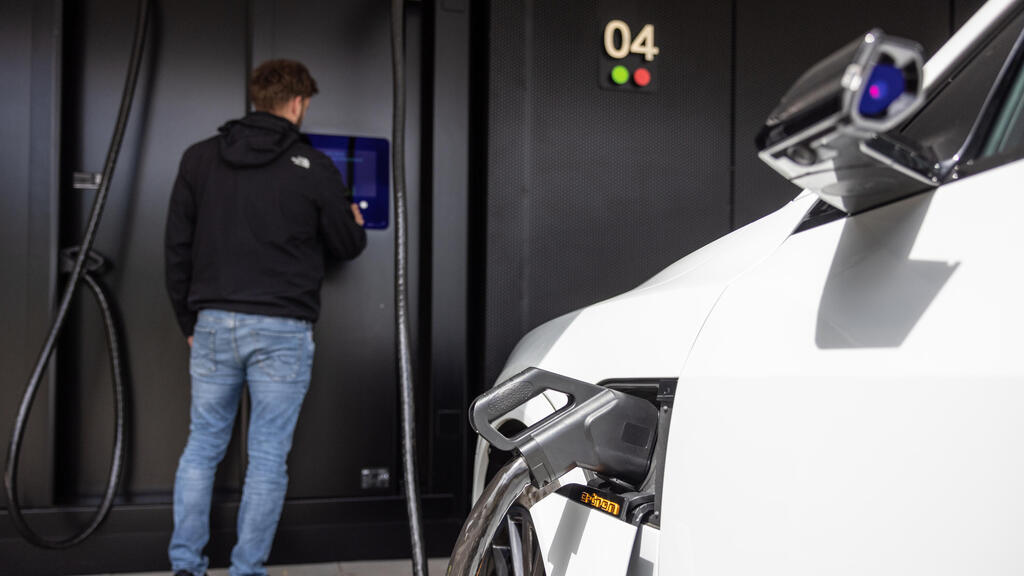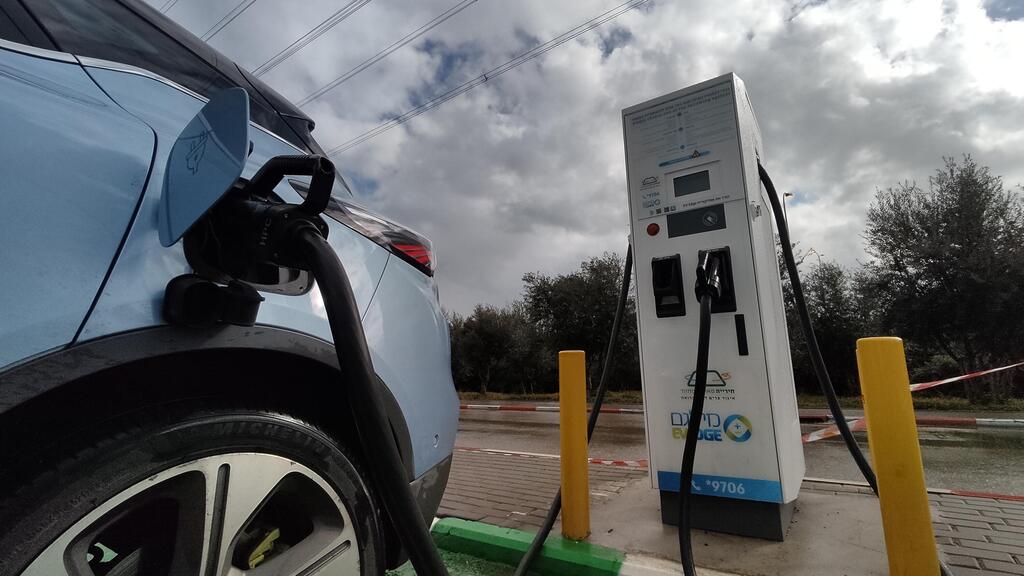Getting your Trinity Audio player ready...
A survey conducted by the Central Bureau of Statistics among electric vehicle owners reveals that they drive an average of 57 kilometers per day or 21,000 kilometers per year. This is compared to 40 kilometers per day and an annual average of 14,600 kilometers for privately owned gasoline or diesel cars. In other words, electric vehicles travel 42% more on average than other vehicles.
The explanation is clear: Purchasing an electric vehicle is more economical for drivers who travel above the average distance. However, this is the first time this information has been officially collected. The data was gathered from a survey sent directly to 66,000 citizens who own electric vehicles (with several tens of thousands more owned by fleet companies). Close to 15,000 people responded to the questionnaire.
88% of electric vehicle owners reported that they charge their vehicles at home either frequently or occasionally, while 9% said they never charge at home due to not having a home charging station. In small communities, only 3% reported not having a home charging station, compared to 14% in larger cities. Thirty percent of respondents said they use public fast-charging stations either frequently or occasionally, 13% use slow public charging stations, and only 14% charge at their workplace.
About 40% of users of public charging stations reported that the stations are generally available and functional, but most users encounter charging difficulties: 51% of users of fast-charging stations said the stations are often functional but occupied, and about 10% reported that the stations are often out of order.
Our take: The rapid adoption rate of electric vehicles in Israel has surprised many, as it exceeds the European average with over 25% of all vehicles sold in Israel since the beginning of the year being electric. However, those dreaming of reaching a 90% adoption rate by the end of the decade — and we mean you, the Israeli government — must heed the survey results released today.
As it stands, nearly all electric vehicle buyers are those who can install a home charging station. As long as drivers continue to encounter occupied or malfunctioning public charging stations, electric vehicle ownership will remain limited to those who can charge at home. The rest — millions of Israelis — will continue driving polluting vehicles.



